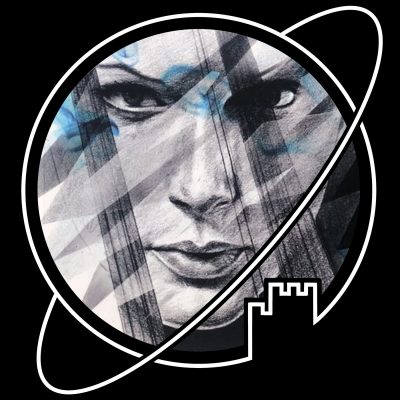- Book written by Brandon Sanderson
- Published 14 October 2008
- Part 3 of the Mistborn Trilogy
With the mists killing, the ashfalls mounting, and the Deepness released, it appears the world is slowly coming to an end. Unable to beat their foe by sheer allomantic force, Vin and Elend follow a trail left by their predecessor, the Lord Ruler, in the hope that he might aid them from the grave and help them cure their mistakes. As the battle for what is left of the Final Empire nears its climax, the powers of men and mists, Koloss and Kandra, Inquisitors and allomancers all prepare for one final clash.


The Hero of Ages does what by now we’ve come to expect from the Mistborn Trilogy: it delivers long and detailed action scenes in solid prose, a highly original (if not always very engaging) world, a complex but well-functioning plot, and so-so characters. In that sense, I have very little to add to my reviews of The Final Empire and The Well of Ascension.
The Hero of Ages is somewhat different, however, in that it is the final part of the trilogy. In this book, Sanderson has got to deliver on two books of build up (if that is what you can call it), and finally solve some of the mysteries he’s been kicking out in front of him every time they come up in the story.
The good news is that Sanderson finishes all the arcs. The bad news is that the problem that plagued The Well of Ascension – the fact that the stakes could somehow never live up to those of the first part – haunts The Hero of Ages as well. The Lord Ruler is well out of the picture, and so are Straff and Zane Venture, the main antagonists of The Well of Ascension. The main antagonists introduced in the third installment are even less impressive when measured against the god-emperor of the first part. Of course, the real enemy of the series also finally steps out of the shadows – but because it seems to take about half the book for the characters to figure out who they are actually fighting, much of the first half of the book is a relatively mediocre set-up. It feels like the characters are just going through the motions and have a number of revelations thrust upon them (rather than actually discovering the clues themselves). Especially the sub-plot with Spook in Urteau feels entirely superfluous.
That also leads into another problem (and there are some slight spoilers here). Almost all of the book’s central characters are some form of mage – be it an allomancer or feruchemist. Elend is one of the few characters that wasn’t, which made him an interesting mirror – what does it mean to not have powers in a world ruled by allomancers? However, in this book, Elend has become a Mistborn, and, for some reason, a more powerful one than Vin. It takes away the one aspect of his character that made him interesting. A similar fate befalls Spook, the one member of the crew that always felt left out, because his power, he felt, was the least useful. Sanderson chooses to focus on him, and rather than making him interesting through his character, he makes him extra powerful and then changes his personality to fit that image. The above examples suggest that Sanderson is perhaps more interested in writing cool wizard-ninjas than in writing moving characters.
The conclusion to the book is not unsatisfactory, but by the time I got there, I was reading just to finish. Overall, I would recommend The Final Empire, for the interesting world Sanderson created, but not the other two installments in the Mistborn Trilogy. Jop and I have written out a more in-depth conversation on the Trilogy – but mind the spoilers!

This book, just like the rest of the trilogy, had its ups and downs for me. The scale of the conflict is very large, almost cosmic. The ending came somewhat abrupt, but most mysteries of the trilogy were neatly tied up. I enjoyed Sanderson’s plotting skills in this regard, even though I did not necessarily like all of his choices. On the whole, I’d probably give this trilogy a 3.5 star rating, the same rating I give The Hero of Ages.
Once again, it is undeniable that Sanderson’s prose reads easily. Action scenes, dialogue, exposition, it is all smoothly written. In addition, the worldbuilding and most plot elements are still well thought out and original.
Religion and faith are important themes in the Mistborn trilogy, but especially in this final book. Being a religious scholar, I could appreciate this. Even though I wasn’t ultimately blown away by the way these themes were handled, I suspect others might like the questions that are raised. What does it mean to have faith? And what do religions have to offer to society?





